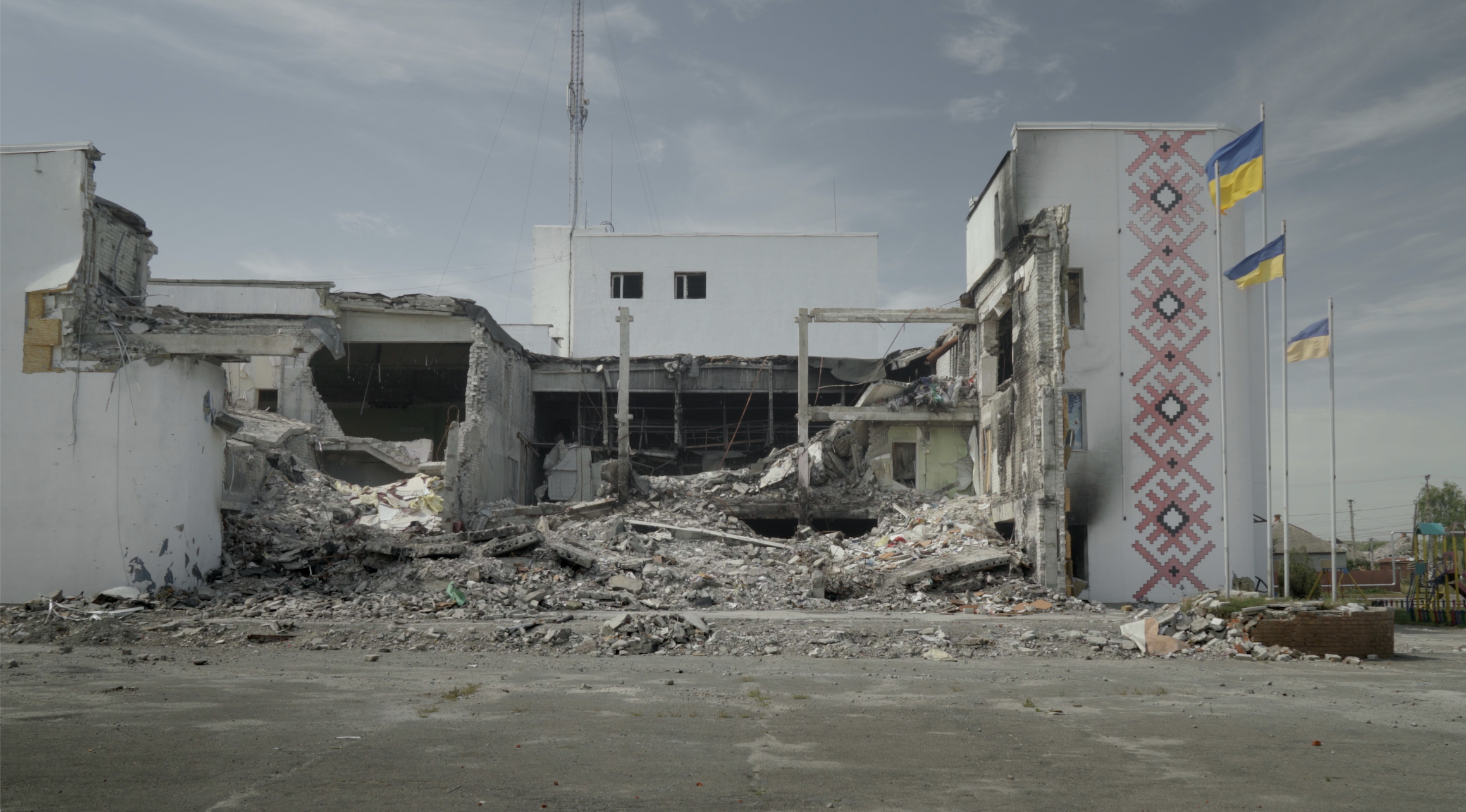Mobilising Attention
How Ukrainian Documentary Filmmakers Use Technology to Influence Political and Social Participation
DOI:
https://doi.org/10.17892/app.2025.00020.390Keywords:
Mstyslav Chernov, Oksana Karpovych, Ukraine, documentary, war, technology, digital camera, ethics, violence, sound design, spectatorship, national identity, 20 Days in Mariupol, InterceptedAbstract
This essay explores how Ukrainian documentary filmmakers utilise emerging audiovisual technologies to influence political discourse and mobilise global attention in the wake of Russia’s full-scale invasion of Ukraine. Through a comparative analysis of two distinct films in their approaches, 20 Days in Mariupol (Mstyslav Chernov, 2023) and Intercepted (Oksana Karpovych, 2024), it investigates the interplay between cinematic form, technological affordances, and ethical considerations in representing wartime suffering. Chernov’s on-the-ground footage, shot with lightweight digital cameras during the siege of Mariupol, foregrounds the immediacy and emotional intensity of civilian trauma, while Karpovych’s experimental use of intercepted audio recordings and ambient sound reconfigures the documentary voice to expose the banality and brutality of the aggressor. Drawing on theories of documentary cinema, its mediation through advanced technologies, and the accompanying ethical dilemmas, the article argues that these films not only document the conflict but, by employing inventive cinematic language and modern audiovisual recording technologies, act as active participants in the information war, shaping public sentiment and geopolitical awareness. Situating these works within the broader tradition of politically engaged documentary cinema, the article examines how technology becomes a tool for rethinking ethical boundaries in moments of historical crisis.
Мобілізуючи увагу: як українські документалісти використовують технології для впливу на політичну та соціальну участь
Ця стаття досліджує, як українські документальні режисери використовують новітні аудіовізуальні технології для впливу на політичний дискурс і мобілізації глобальної уваги після повномасштабного вторгнення Росії в Україну. Через порівняльний аналіз двох відмінних за підходами фільмів – 20 днів у Маріуполі (Мстислав Чернов, 2023) та Мирні Люди (Оксана Карпович, 2024) – стаття досліджує взаємодію між кінематографічною формою, технологічними можливостями та етичними викликами, що постають при зображенні воєнних страждань. Кадри, зняті Черновим на легкі цифрові камери під час облоги Маріуполя, підкреслюють терміновість та емоційну насиченість цивільної травми, у той час, як експериментальне використання Карпович перехоплених аудіозаписів і навколишніх звуків переосмислює документальний голос в його силах викрити банальність і жорстокість агресора. Спираючись на теорії документального кіно, його медіацію за допомогою розвинених технологій та супутні етичні дилеми, стаття стверджує, що ці фільми не лише документують конфлікт, але використовуючи винахідливу кіномову й сучасні технології аудіовізуального запису, виступають активними учасниками інформаційної війни, формуючи суспільні настрої та геополітичну обізнаність. Розглядаючи ці роботи в контексті ширшої традиції політично ангажованого документального кіно, стаття аналізує, як технології стають інструментом переосмислення етичних меж у моменти історичних криз.
Ключові слова: Мстислав Чернов; Оксана Карпович; Україна; документальне кіно; війна; технології; цифрова камера; етика; насильство; звуковий дизайн; глядацький досвід; національна ідентичність; 20 днів у Маріуполі; Мирні Люди.

Downloads
Published
How to Cite
Issue
Section
License
Copyright (c) 2025 Apparatus. Film, Media and Digital Cultures of Central and Eastern Europe

This work is licensed under a Creative Commons Attribution 4.0 International License.
The articles in Apparatus are published under https://creativecommons.org/licenses/by/4.0/ This license does not apply to the media referenced, which are subject to the individual rights owner's terms.
The authors hold the copyright without restrictions and retain publishing rights without restrictions.





